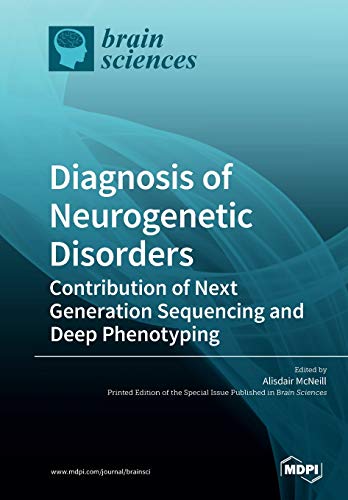

Most ebook files are in PDF format, so you can easily read them using various software such as Foxit Reader or directly on the Google Chrome browser.
Some ebook files are released by publishers in other formats such as .awz, .mobi, .epub, .fb2, etc. You may need to install specific software to read these formats on mobile/PC, such as Calibre.
Please read the tutorial at this link: https://ebookbell.com/faq
We offer FREE conversion to the popular formats you request; however, this may take some time. Therefore, right after payment, please email us, and we will try to provide the service as quickly as possible.
For some exceptional file formats or broken links (if any), please refrain from opening any disputes. Instead, email us first, and we will try to assist within a maximum of 6 hours.
EbookBell Team

4.0
86 reviewsThe contribution of genomic variants to the aetiopathogenesis of both paediatric and adult neurological disease is being increasingly recognized. The use of next-generation sequencing has led to the discovery of novel neurodevelopmental disorders, as exemplified by the deciphering developmental disorders (DDD) study, and provided insight into the aetiopathogenesis of common adult neurological diseases. Despite these advances, many challenges remain. Correctly classifying the pathogenicity of genomic variants from amongst the large number of variants identified by next-generation sequencing is recognized as perhaps the major challenge facing the field. Deep phenotyping (e.g., imaging, movement analysis) techniques can aid variant interpretation by correctly classifying individuals as affected or unaffected for segregation studies. The lack of information on the clinical phenotype of novel genetic subtypes of neurological disease creates limitations for genetic counselling. Both deep phenotyping and qualitative studies can capture the clinical and patient’s perspective on a disease and provide valuable information. This Special Issue aims to highlight how next-generation sequencing techniques have revolutionised our understanding of the aetiology of brain disease and describe the contribution of deep phenotyping studies to a variant interpretation and understanding of natural history.